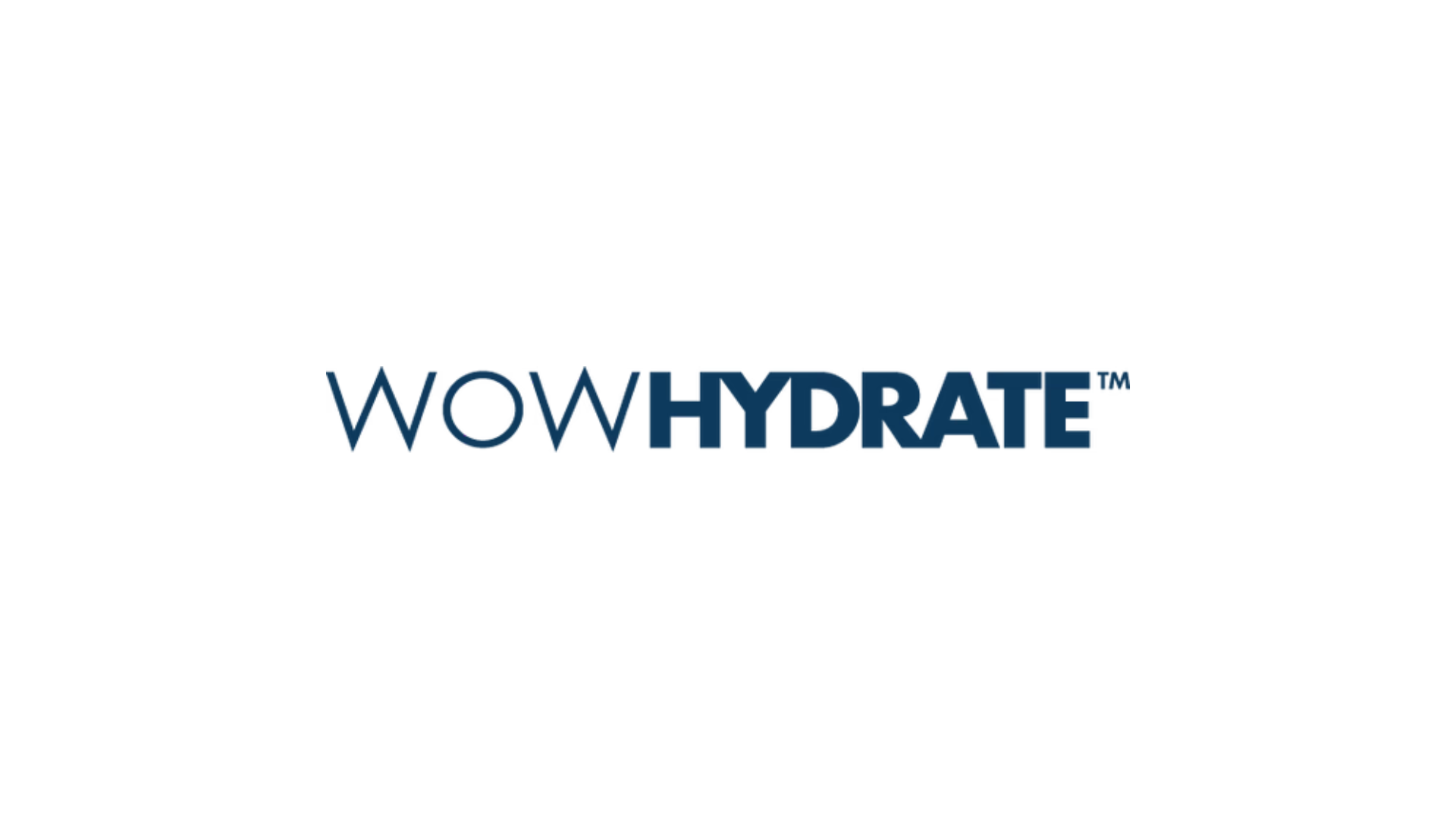Trade Mark Registration Services
Panoramix IP secures your trade mark rights in the UK, EU, US and worldwide. Our UK-based team of trade mark attorneys and solicitors delivers strategic, efficient trade mark registration tailored to your business.
We conduct comprehensive availability and risk assessments using state-of-the-art, AI backed, trade mark software, align specifications to your commercial roadmap and manage applications from filing through to registration. Where disputes arise, we handle oppositions, cancellations and appeals while supporting enforcement, renewals and brand monitoring.
Our approach is practical and strategic. You’ll receive clear timelines and cost-effective fee structures, expert guidance on the optimal filing route and seamless multi-jurisdictional protection through our trusted global network.

Brands we have Helped

Benefits of Working with Trademark Registration Solicitors and Trade Mark Attorneys
We conduct thorough searches to identify potential conflicts and avoid costly disputes. Based on our findings, we develop tailored filing strategies aligned with your commercial objectives and budget, ensuring cost-effective protection from the outset.
We prepare and file applications with the appropriate authorities, keeping you fully informed throughout the process. We address official correspondence promptly and provide practical, strategic advice to overcome examiner objections and opposition challenges.
After your trade mark is entered on the register, we continue monitoring for unauthorised use, allowing you to focus on growing your business while we defend your rights. If necessary, we take swift enforcement action to protect your mark’s continued value in the marketplace.
By seeking professional guidance at an early stage, you minimise the risk of application setbacks and strengthen your competitive position in the market.
How do Panoramix IP Trademark Registration Solicitors Work with You?

Search
We search for earlier trade mark applications and registrations to identify potential conflicts that might obstruct the use and registration of your chosen brand name. If you want to conduct a search in any country, just get in touch. We provide up-to-date results fast.

Strategy
We assess your trade mark and business to determine which categories and classes are relevant and why, identify potential conflicts that could block your application and evaluate whether your mark is registrable. We focus on giving your application the best possible chance of success.

Application
We prepare your trade mark application for filing at the relevant registry. Once you're ready to proceed, you can relax knowing your application will be submitted with the utmost care by trusted, fully regulated professionals. We manage the examination process, respond to official correspondence and guide you through to registration. We then provide ongoing monitoring and renewal support.
Testimonials
FAQs
Do I need a solicitor to register a trademark in the UK?
You are not required to use a solicitor to register a trade mark in the UK. However, using a trade mark professional significantly increases your chance of successful registration and helps avoid costly mistakes, especially for complex or multi-class registrations. We often receive enquiries from individuals who have self-registered when their application faces rejection and they need expert guidance to ensure it is accepted. There are many pitfalls that can result in a registration application being refused and the applicant losing the application fee or worse still, incurring additional costs if an opposition is received from a third party. Time is a critical factor when protecting your brand assets, to dissuade competitors from adopting your logos, slogans or brand names. When infringement occurs, you also want to make sure you have guidance from a legal expert to advise on how best to face it, whether that be through mediation, negotiation or litigation.
Ensure your registration goes smoothly by contacting our specialists via our Trade Mark Registration page or speaking with one of our specialist trade mark solicitors.
How much does it cost to register a trademark in the UK?
The cost to register a trade mark online in the UK starts at £170 for one class of goods or services. If you need to include additional classes to cover your business’s activities under the trade mark, each extra class costs £50. Submitting your application by post costs slightly more, starting at £200 for the first class. Lawyer’s fees may also be payable for preparing and filing your application and may result in cost savings in the long run, in helping to prepare your application correctly, so that it has the best prospects of success.
For detailed guidance on trade mark registration fees and a full breakdown of costs, visit our Trade Mark Registration page or contact us today.
Should I trademark my logo or business name in the UK
We highly recommend registering a trade mark for your logo or business name in the UK. Registering your trade mark gives you and your business exclusive rights and legal protection against unauthorised use from anyone looking to exploit or profit from your branding through accidental or intentional use. This safeguards your brand identity and reputation from those looking to profit from your rights or negatively impact your brand through association. We assist in registering logos, names, or even slogans separately or in combination, and we offer strategic direction for the best course of cost-effective legal protection for your brand.
Explore your options for protecting your brand on our Brand Protection page or by contacting us today.
What can be trademarked?
In the UK, a trade mark can be any sign capable of distinguishing your goods or services from those of others. This includes words, logos, slogans, shapes, colours, sounds and even the packaging of products. To qualify for registration, your trade mark must be distinctive, not descriptive of the goods or services it represents and not misleading or offensive. It must also not conflict with existing registered trade marks. Common examples include brand names, stylised logos, product shapes and even jingles or distinctive sounds associated with your business.
We can advise on whether your proposed mark is registrable and guide you through the application process. For more information on what can be trade marked, visit our Trade Marks page or contact us today.
What cannot be trademarked in the UK?
In the UK, certain words and symbols cannot be registered as trade marks. This includes offensive or misleading marks, purely descriptive terms (like “soft” for pillows), generic words (like “bread”), geographical names (such as “London”), common surnames, and official symbols or flags. This is because it would not be fair to grant a monopoly in such widely used terms to just one business. Trade marks that are deemed to be offensive or contrary to public policy may also be refused registration.
Visit our Trade Marks page to learn more about trademark eligibility and restrictions, visit our blog, or attend one of our FREE 45-minute IP clinics. For more information, call us today.
Can I trademark a name that is already in use but not registered?
Potentially yes, but it depends on several factors, including whether the other business that is using the mark started to do so before you did and whether they offer similar or competing goods or services to your business. It’s advisable to conduct a thorough clearance search before starting to use or applying to register a trade mark. We offer thorough clearance searches for your proposed trade mark as part of our trade mark registration service.
For more information or to conduct a clearance search with personalised advice, see our Trade Mark Registration page, or speak with one of our trade mark lawyers today.
How long does a trademark registration last in the UK?
In the UK, a trade mark registration lasts for ten years from the application date. You can renew your trade mark indefinitely every ten years, provided that you continue to use and protect your brand. Renewal can be done six months before the expiry date or within a grace period of six months afterwards, although late renewals incur extra fees.
To manage or renew your trade mark easily, or speak with one of our specialist trade mark lawyers, visit our Trade Marks page or contact us.
Can I change my trademark after it has been registered?
Once a trade mark is registered, you generally cannot make significant changes to it without filing a new application. Minor adjustments, such as slight stylistic changes that do not alter the distinctive character of the mark, may be acceptable in some circumstances. However, if you want to change the wording, design or overall appearance substantially, you will need to apply for a new registration. It is important to maintain consistency with your registered mark when using it in commerce, as significant variations may weaken your legal protection or render your registration vulnerable to cancellation for non-use.
For guidance on modifying your trade mark or filing a new application, visit our Trade Marks page or contact us today.
What happens if someone else uses my trademark?
If someone uses your registered trade mark without permission, you may have legal grounds to take action. The first step is usually to send a cease and desist letter requesting that they stop using your mark. If they do not comply, you may be able to pursue legal proceedings for trade mark infringement, which can result in injunctions, damages and an account of profits. It is important to act promptly when you become aware of unauthorised use, as delays may weaken your position. Gathering evidence such as photographs, screenshots, invoices and marketing materials showing the infringing use will strengthen your case.
We can advise on the best course of action, represent you in negotiations and, if necessary, take enforcement steps to protect your rights. Learn more about trade mark enforcement on our Brand Protection page or contact us today.
Do you handle any objections raised by the IPO?
Yes, we handle all objections raised by the UK Intellectual Property Office (IPO) as part of our trade mark registration service. If the IPO examiner raises concerns about your application, such as descriptiveness, similarity to existing marks or clarity of goods and services, we respond promptly with strategic arguments and evidence to address their objections.
Our team has extensive experience in overcoming examiner objections and will work to strengthen your application’s prospects. We provide clear guidance on the best approach, whether that involves amending your specification, submitting evidence of distinctiveness or presenting legal arguments. Our aim is to secure registration while protecting your commercial interests.
If you receive an objection from the IPO, contact us immediately so we can review the examiner’s concerns and advise on the most effective response.
A third party has opposed my trademark application, what are the next steps and what can I do?
If a third party files an opposition against your trade mark application, we will represent you throughout the opposition proceedings. We assess the grounds of opposition, advise on the strength of your position and develop a strategy to defend your application. This may involve negotiating a settlement, filing evidence of use or distinctiveness or contesting the opposition in formal proceedings before the Intellectual Property Office. The opposition process can take several months and involves submitting written evidence and legal arguments. Our goal is to protect your interests and achieve the best possible outcome, whether through resolution or successfully overcoming the opposition.
For expert representation in opposition proceedings, visit our Trade Marks page or contact us today.
My opposition to a third party’s trademark was successful, am I able to recover my costs?
In the UK, if your opposition is successful, you may be awarded a contribution towards your costs by the Intellectual Property Office. However, the amounts awarded are typically modest and may not cover the full costs of the proceedings. The level of costs awarded depends on the stage at which the opposition is resolved and the complexity of the case. Standard scale costs are set by the IPO and are generally lower than actual legal fees incurred. If the opposition reaches a hearing or involves extensive evidence and argument, higher costs may be awarded, but full recovery remains unlikely. We can advise on the likely costs recovery and represent you throughout the process to maximise your chances of a favourable outcome.
What is “proof of use” for a trademark in the UK?
Proof of use involves demonstrating that your trade mark has been genuinely used in the UK market for the registered goods or services. Typically, acceptable evidence of use in commerce includes invoices, advertising, packaging and marketing materials that clearly show the trade mark being actively used commercially. Such evidence of use may be required if your trade mark registration is over five years old and it is challenged by a third party or if you wish to rely on it to challenge a third party’s mark.
Get professional help gathering suitable evidence by speaking with one of our specialist trade mark solicitors today, or visit our Trade Marks page.
When should I use the symbols ™ and ® in the UK?
You can use the ™ symbol to show that you are using your unregistered trade mark in commerce and own the goodwill that is associated with that mark. However, the ® symbol is strictly reserved for marks that are officially registered with the Intellectual Property Office (IPO), showing others your exclusive rights to that mark. This acts as a signifier to would-be infringers that your brand name, logo and/or slogan are all protected and helps to prevent copying. You should be careful not to use the registered trade mark symbol ® before your mark is registered, as this may constitute a criminal offence. Should you become aware of any potential infringement, our expert lawyers can advise on the best course of action for your brand.
Learn more about correctly using trade mark symbols on our Trade Marks guidance page or contact one of our in-house trade mark solicitors today.

















